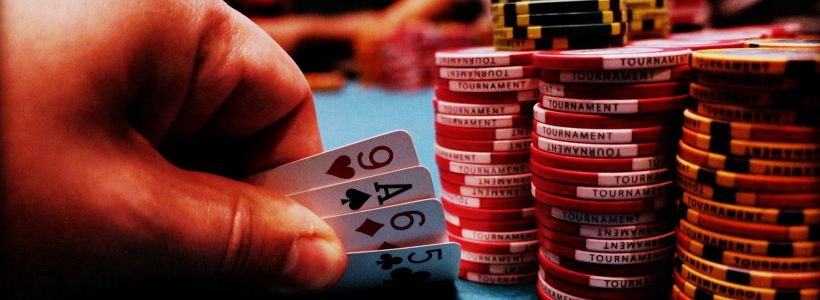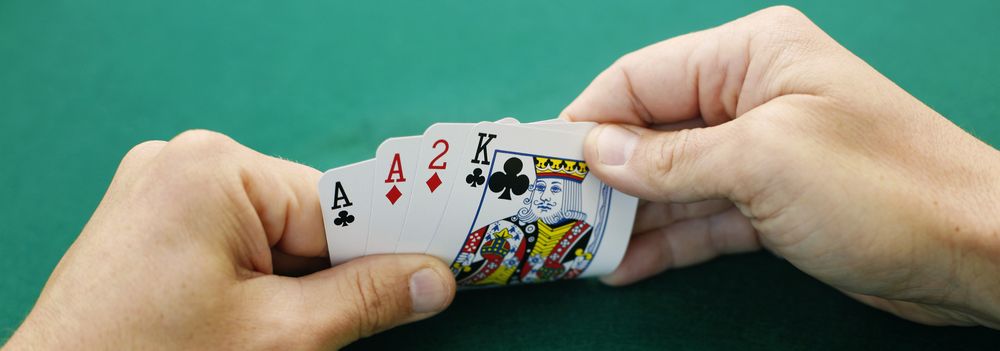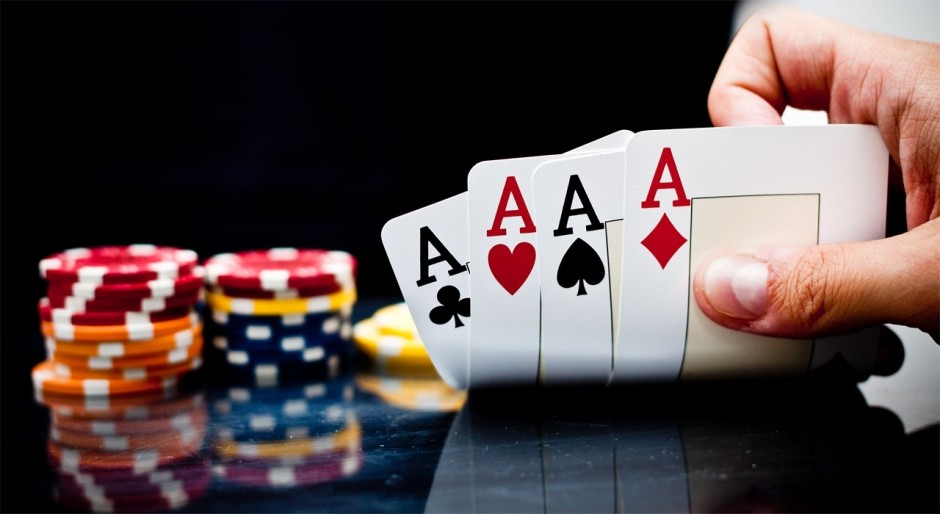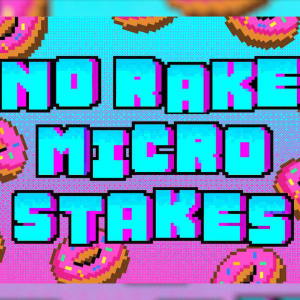
2017 might be the last great opportunity to make a switch from holdem to omaha. No-limit cash games are getting extremely competitive especially when we consider the highest levels of play, GTO dream machines are getting better and better at providing players with answers regarding the optimal way of playing the game from the game theory optimal perspective and the constant stream of new hyper-turbo SNG formats (like Spin & Go or Beat the Clock) makes recreational players less interested in playing cash games which in turn results in tougher fields even at a relatively low stakes. We might be far from the apocalypse, but at the same time, the remarkably soft holdem games offered by PartyPoker circa 2006 are now but a distant memory.
Plan of Attack
It's important to realize that PLO is much more than just "holdem with two more cards". Two additional cards raise the number of possible starting hand combinations from holdem's measly 169 to more than 16,000.
Because of that, both games play vastly different (more on that later) and if you expect that your existing holdem skill is enough to crush some PLO table's you're sorely mistaken. No-limit cash game experience is certainly valuable but in order to become a competent PLO player a great deal of education is required.
Since omaha is far less popular and a lot more complicated than holdem, good information is harder to come by (which has its pros and cons). You might have some trouble finding quality materials on the subject of omaha but so will everyone else. That's why your average regular player at a PLO table will most likely be less competent than in holdem.

As a no-limit player with some experience under your belt you probably already know what type of poker education works best for you. Here are some of the options that you have:
- Read a book! While books have fallen out of favor when it comes to educational materials about poker, if you're an academically inclined old soul who learns best from reading information printed on a piece of paper you might want to look into: "Pot-limit Omaha Poker the Big Play Strategy" by Jeff Hwang and "Secrets of Short-handed Pot-Limit Omaha" by Rolf Slotboom. Both of these books are cheap and old which makes them hard to recommend as your only source of PLO knowledge, but if you're planning on starting at micros they can certainly help you learn the fundamentals. There's also a book by Tri 'SlowHabit' Nguyen called "The Pot-Limit Omaha Book: Transitioning from NL to PLO", but it might be hard to justify paying 50 bucks on Amazon for a book that was published in 2012.
- Watch some coaching videos. If you're reading this article you're in a good place. PokerVIP has a library of PLO videos that's certainly a great place to start and while the more comprehensive ones were submitted a good few years back there are also some recent, high-quality gameplay videos that you can watch right now for free. Once you get as much from the PokerVIP videos as you can it might be a good idea to graduate to a dedicated site with video content like Run It Once.
- Post handson the forum. Our "Line Check" forum section features more and more PLO hands that you can learn from, discuss and post some of your own once you get some experience at the tables and build your own database of interesting spots.
Lastly, let's briefly discuss poker rooms. If you're planning on starting your journey very low (PLO2$) Microgaming is most likely the only sensible option (excluding PokerStars which is arguably not the best place to play poker in 2017). If you're planning on starting at NL20-50 you get a lot more options like GG Poker Network or 888 Poker. You can also mix few different rooms in order to optimize the table selection process.

Differences Between Holdem and PLO
PLO is a very complicated game and you'll need many of hours of learning and playing the game to get a feel for it. However, some of us learn best "on the job" so if you don't mind splashing some chips on micro stakes in order to get a feel for the game here are some of the differences between holdem and omaha you might want to keep in mind while playing the game:
- Preflop equities run much closer together in PLO. You know how sometimes it takes an orbit and a half to even see a flop in an online holdem cash game? This is certainly not the case in PLO. Since there are no huge favorites preflop and you can't overbet the pot there's a lot more calling going on at the tables. Bluff3betting becomes much more problematic in a world where AAKK vs. T987 is a 60%/40% spot equity wise and bad aces like AsAh7d3c are flipping vs. 5s6s8d9d. Do not make a mistake of bringing over aggressive preflop play that you know from holdem tables to the world of PLO.
- "Everyone always has it" as opposed to holdem where "no one ever has anything". This is obviously a giant oversimplification, but while in holdem you'll catch a piece of the board only roughly once every three times with four cards on your starting hand the frequency of making hands and relative strength of said hands will be much higher than it is in holdem. This doesn't mean that stealing small and medium pots or thin value betting are out of the question - on the contrary, those plays will be a building block of your win rate just like in holdem. The difference is that you have to pay attention to the fact that top pair top kicker, two pairs, and even sets are far from the behemoths you remember them to be in holdem and seeing the nuts losing to the second nuts at showdown is far more common than you'd think.
- Position is king. While this doesn't sound much different to how things look like in the world of no-limit, making money out of position in PLO is almost always a pipe dream especially against a competent regular. This might come as a surprise for aggressive holdem players who are able to produce positive win rates in certain spots out of position and it's the reason why it might be a good idea to minimize the number of hands you play OOP at the beginning of your journey.

Brace For Impact
The standard deviation of around 80-100bb/100 that we know from holdem can already result in some unpleasant downswing and break even stretches, especially when combined with a small win rate. Given the fact that standard deviation in omaha is closer to something like 140-160bb/100 the variance in this game can be absolutely soul crushing... or absolutely exhilarating if you find yourself on a good side of the EV curve.
In any case, 5+ buy-in swings happening in a span of a single session are very common in PLO and you have to be prepared for that. First of all, even if you're a mistakes baller there's no reason not to learn the game on the cheap and start your journey at something like PLO20-50.
If you're a small or micro stakes holdem player there's absolutely no shame in playing a few thousand hands of PLO2 - in fact, it's most likely the correct course of action for PLO beginners. When you get a bit more serious about the game remember to adjust your bankroll management strategy appropriately.
The correct strategy will obviously depend on your financial and mental situation but multiplying the buy-in requirements that you've used to move up and down in stakes in holdem by two or three is a good place to start.
 More Top Rated Content
More Top Rated Content
Articles
Coaching Videos

